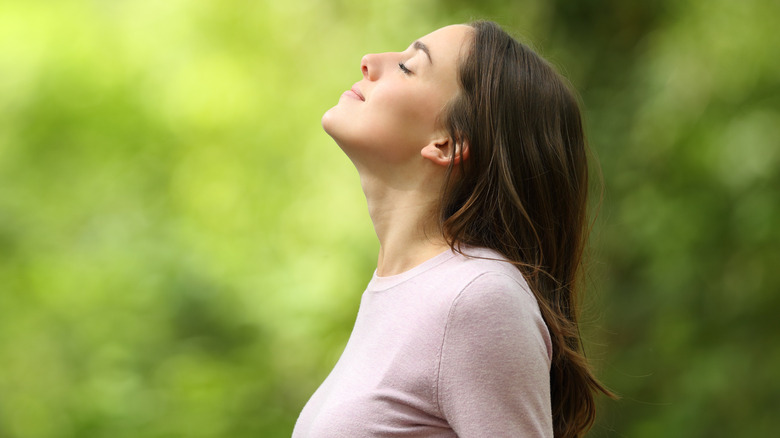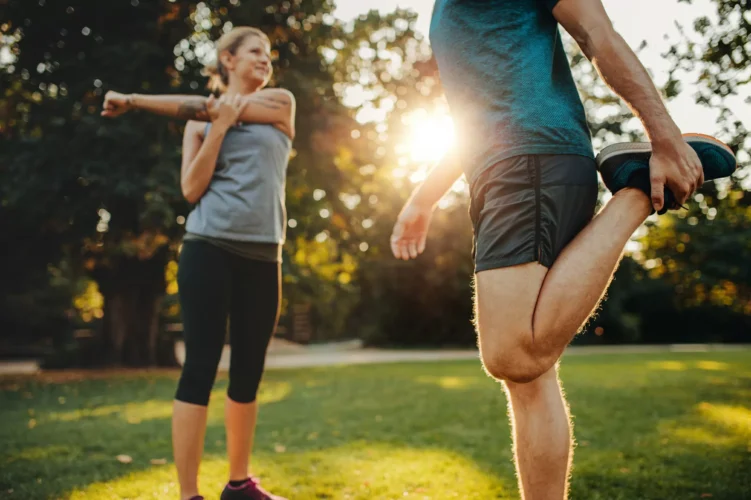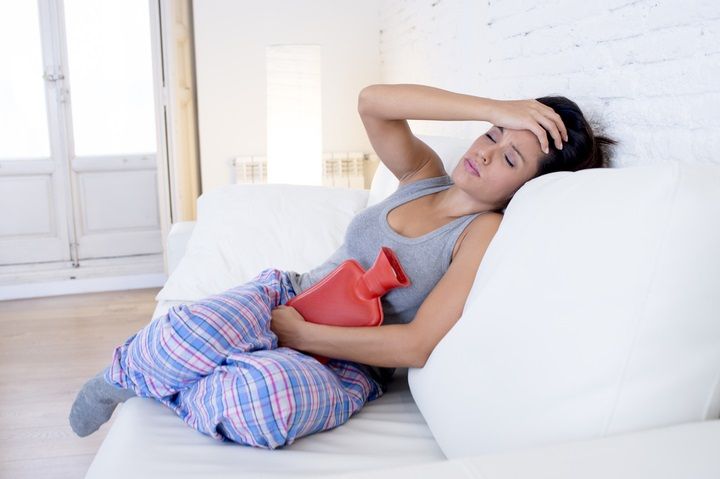Anxiety is a common experience—everyone feels stressed or overwhelmed at times. While ongoing or severe anxiety should be discussed with a healthcare professional, many people find relief through simple, natural home remedies. These methods work best as daily habits that support the body and mind rather than quick fixes. Here are some of the most effective home approaches.
1. Herbal Teas and Natural Supplements

Chamomile Tea
Chamomile has mild calming effects and can help ease tension. Sipping warm chamomile tea before bed may improve relaxation.
Lavender
Lavender oil—used in a diffuser, applied (diluted) on the wrists, or added to a bath—is known for its soothing aroma.
Lemon Balm
This herb is traditionally used to reduce nervousness and promote calm. It can be taken as tea or a supplement.
Note: Discuss herbal supplements with a healthcare provider if you take medications.
2. Deep Breathing Exercises

Breathing practices help regulate the nervous system and reduce physical symptoms of anxiety.
Box Breathing
Inhale for 4 seconds
Hold for 4 seconds
Exhale for 4 seconds
Hold for 4 seconds
Repeat for several minutes.
Diaphragmatic Breathing
Breathe deeply into your belly rather than your chest. This signals the body to shift out of “fight or flight” mode.
3. Physical Activity

Movement is one of the most effective natural stress relievers.
Walking outside reduces tension and boosts serotonin.
Yoga combines physical activity and breathwork, helping calm the mind.
Stretching relaxes muscles tightened by prolonged stress.
Even 10–15 minutes a day can help noticeably.
4. Aromatherapy

Scents can influence mood through the limbic system.
Popular calming essential oils:
Lavender
Bergamot
Sandalwood
Ylang-ylang
Use oils in diffusers, warm baths, or sprays. Always dilute before applying to skin.
5. Warm Baths and Heat Therapy

A warm bath, shower, or heating pad can relax tense muscles and slow a racing mind. Adding Epsom salts may enhance the calming effect due to magnesium content.
6. Mindfulness and Meditation

Practices that anchor your attention to the present can significantly reduce anxiety.
Guided meditation apps
Body-scan meditations
Mindful breathing
Journaling thoughts without judgment
Even 5 minutes a day can build resilience to stress.
7. Reduce Caffeine and Sugar

Caffeine and refined sugar can trigger jitters or worsen anxiety symptoms in sensitive individuals. Try switching to:
Decaf coffee
Herbal teas
Low-sugar snacks like fruit or nuts
8. Improve Sleep Habits

Lack of sleep magnifies stress responses. Better sleep hygiene includes:
Keeping a regular sleep schedule
Avoiding screens 1 hour before bed
Creating a cool, dark, quiet environment
Using calming teas (like chamomile or passionflower)
9. Grounding Techniques
Grounding helps bring you back to the present moment during anxious episodes.
The 5-4-3-2-1 Method
Identify:
5 things you can see
4 things you can touch
3 things you can hear
2 things you can smell
1 thing you can taste
This helps interrupt spiraling thoughts.
10. Staying Connected
Talking with trusted family or friends reduces emotional burden. Social connection can ease anxiety by increasing feelings of support and safety.
When to Seek Professional Help

While home remedies can be helpful, you should seek professional support if:
Anxiety persists for weeks or interferes with daily life
You experience panic attacks
Sleep is consistently disrupted
Anxiety impacts work, relationships, or health
A mental health professional can provide therapy, coping strategies, and—if necessary—medical treatment.

